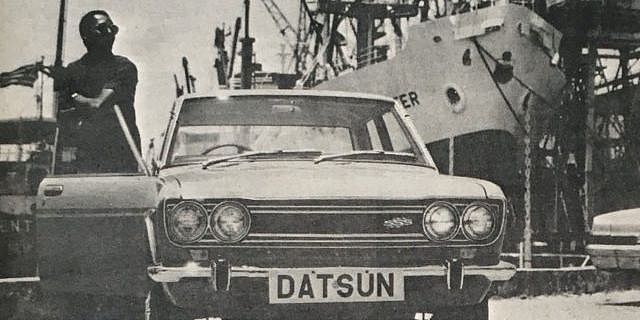Infrastructure Between Statehood and Selfhood: The Trans-African Highway

Kenny Cupers, Prita Meier (NYU)
Journal of the Society of Architectural Historians, 2020
Focusing on the project to build a trans-African highway network during the 1960s and 1970s, this article argues for the need to develop a more dialectical understanding of the relationship between people and infrastructure than current architectural and urban scholarship affords. African leaders imagined infrastructure as a vehicle of Pan-African freedom, unity, and development, but its construction relied on expertise and funding from former colonial overlords. Based on archival research, visual analysis, and ethnographic fieldwork in Kenya, this paper examines the highway’s imaginaries of decolonization, to show how infrastructure was both the business of statehood and the means of selfhood. From the automobile and the tarmac road itself to the aesthetics and practices of mobility it fostered, infrastructure was a vehicle for the production of subjectivity in post-independence Kenya. This new selfhood, future-oriented and on the move, was both victim and agent of commodification.
Quick Links
